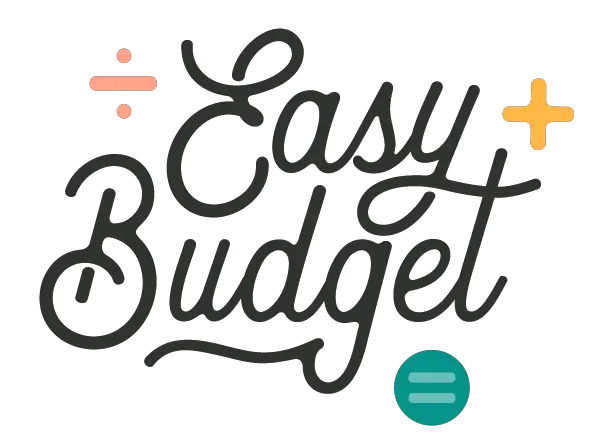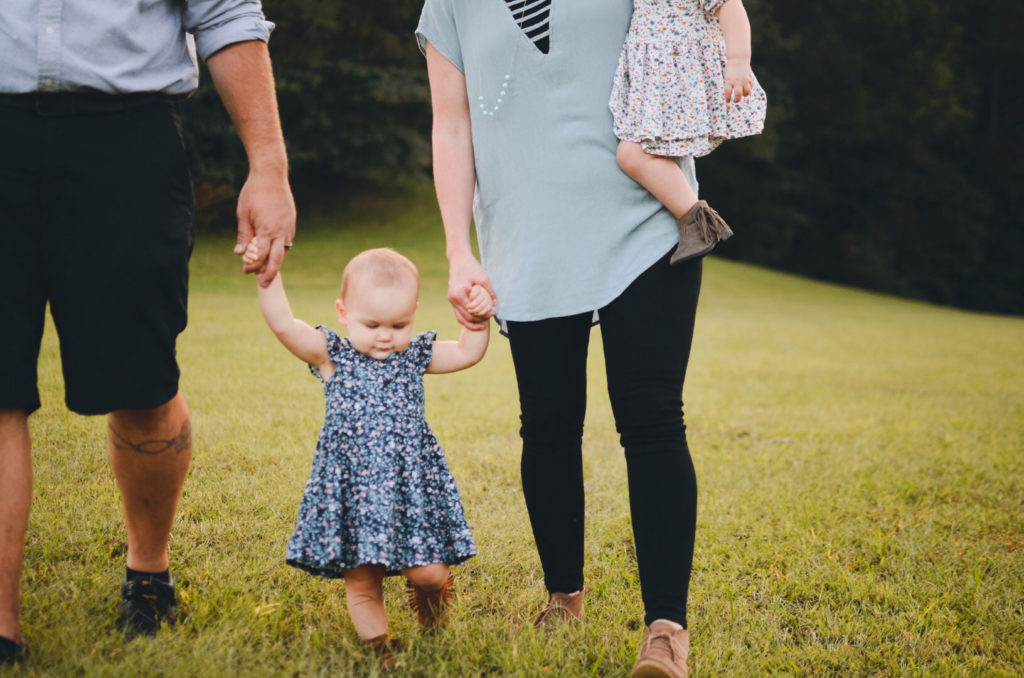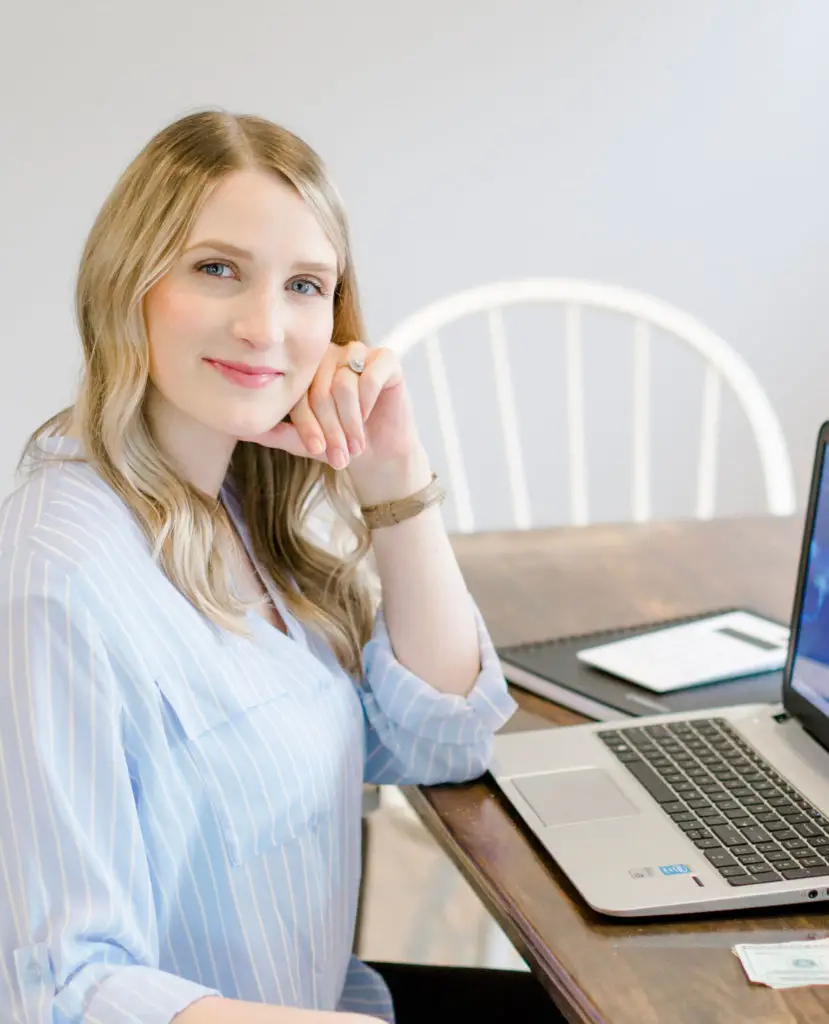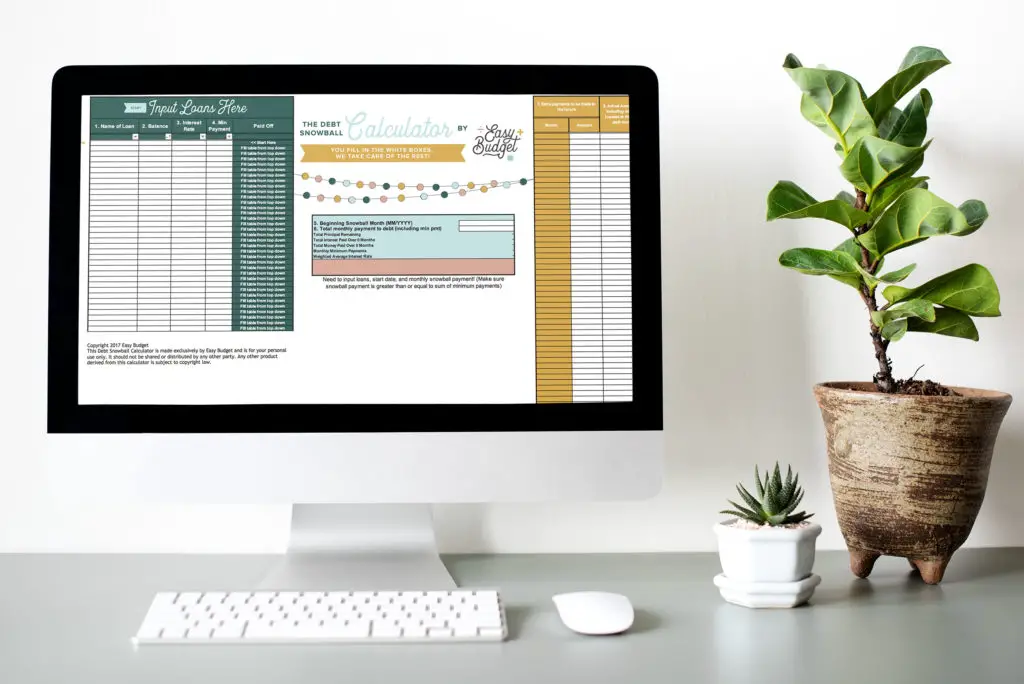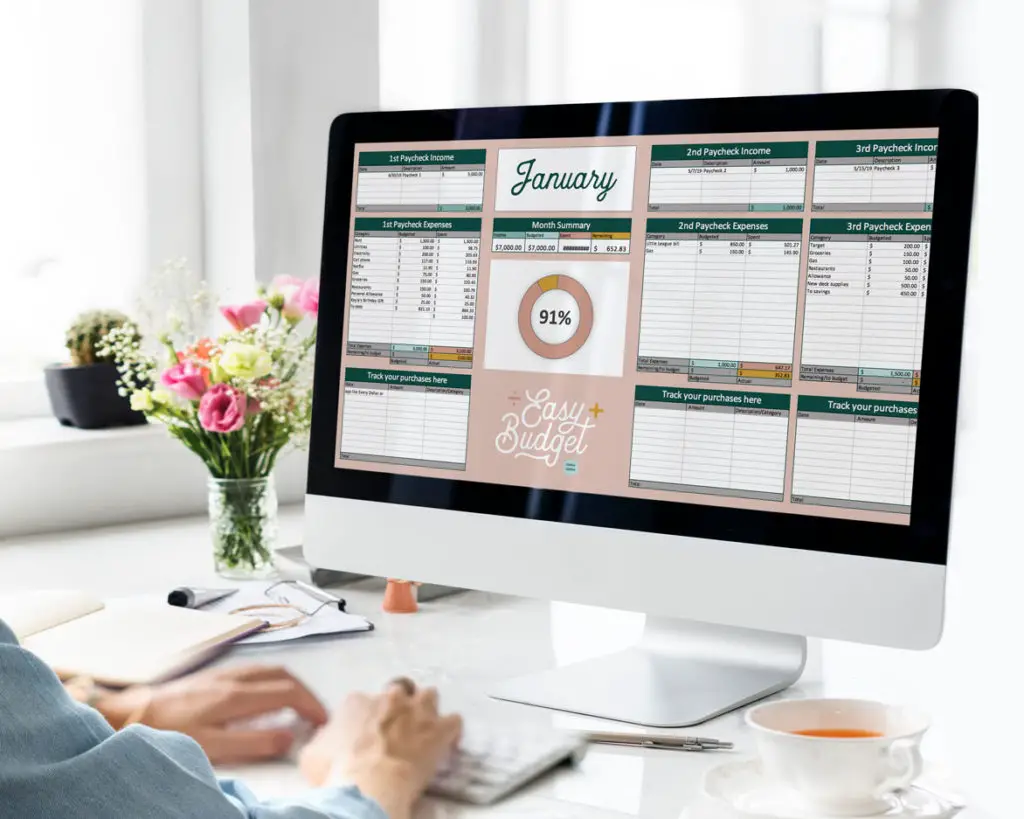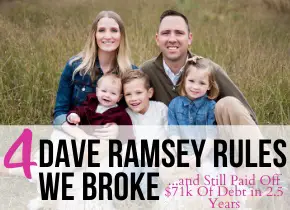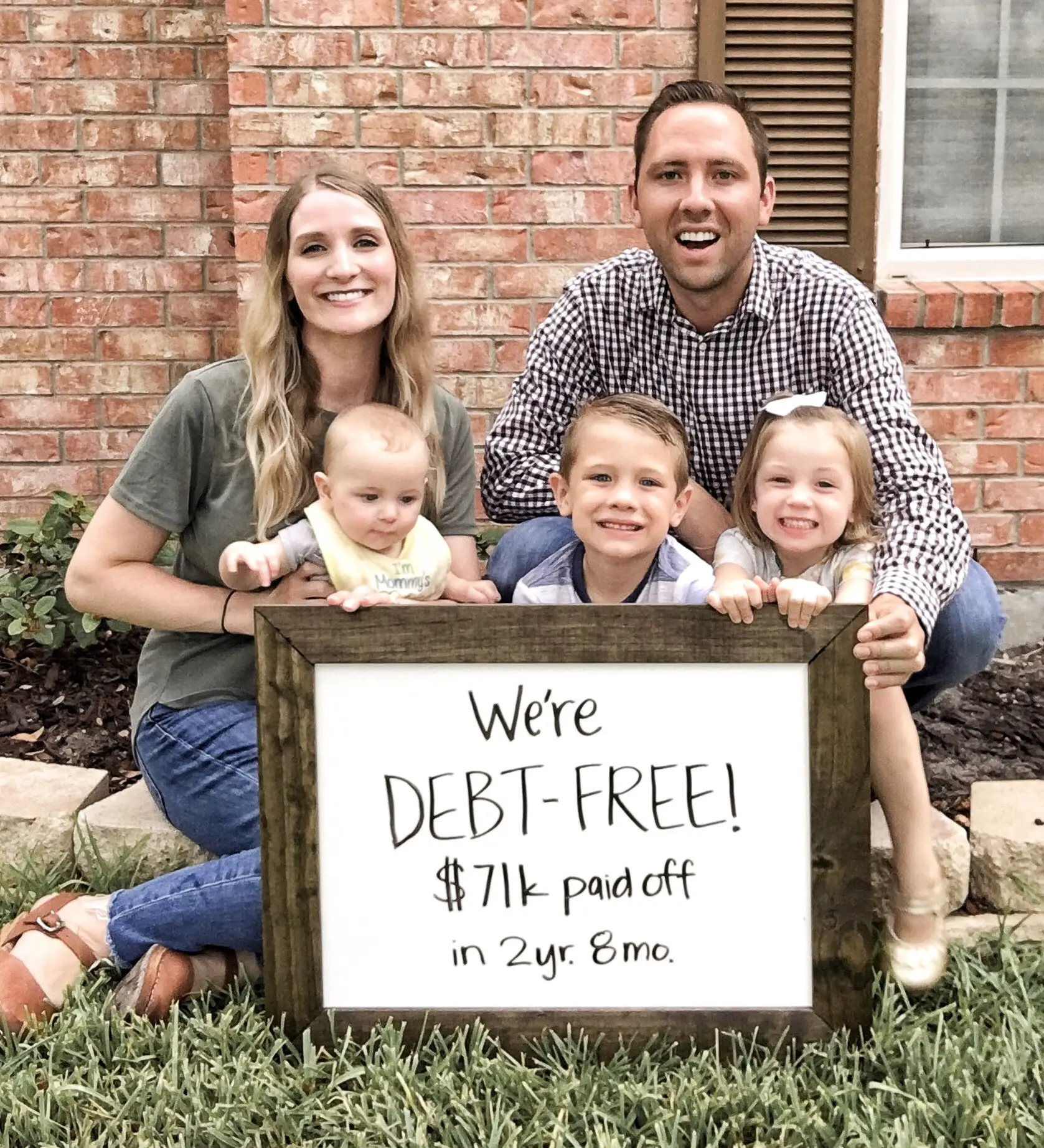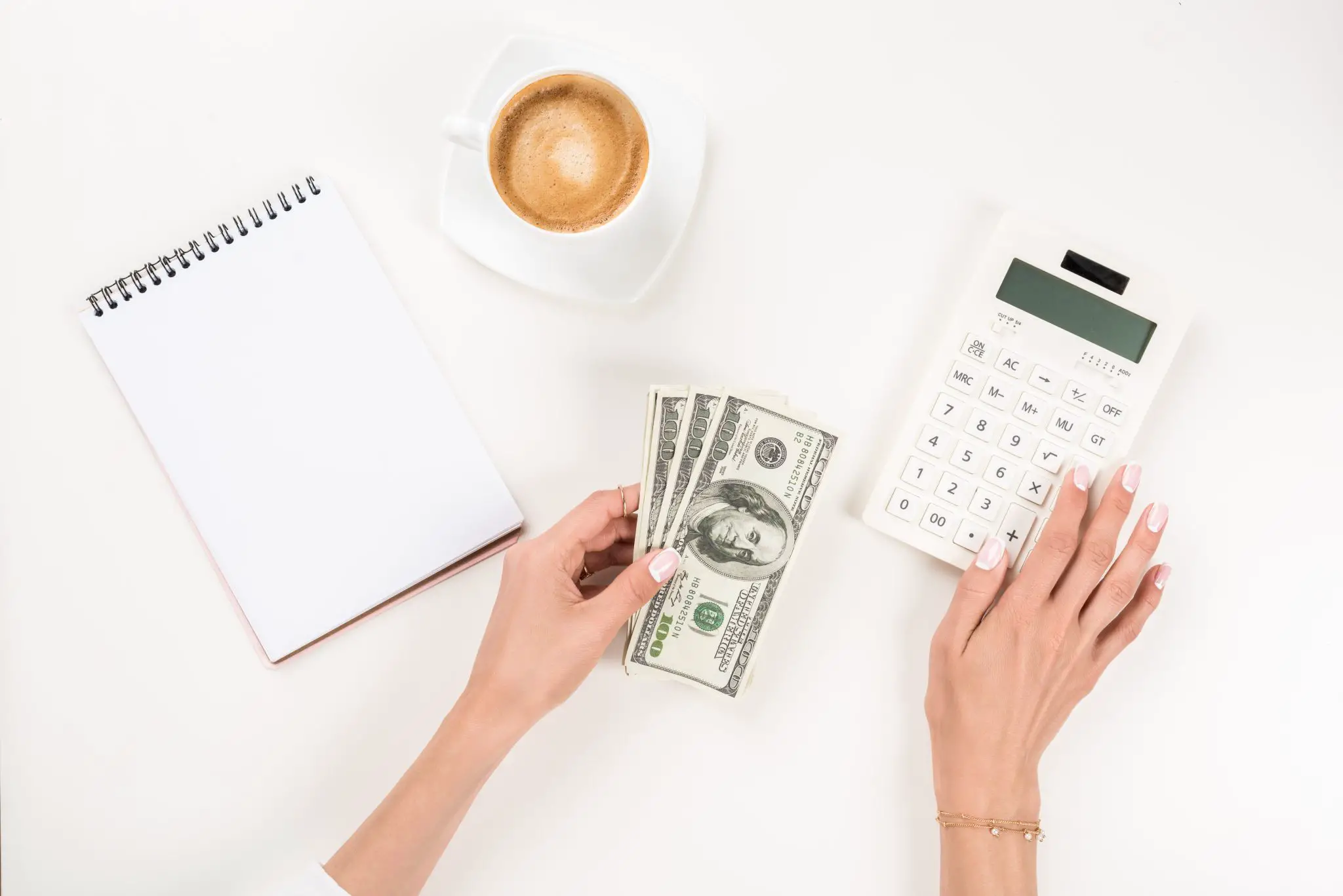This post may contain affiliate links where I earn a commission, at no additional cost to you, if you decide to make a purchase after clicking on a link. Please see our Disclosure Policy for full details. Thank you for your support!
If you’re planning to rapidly pay off debt, having a small emergency fund saved beforehand is essential.
When we started paying off our debt, we were following Dave Ramsey’s Seven Baby Steps to financial freedom. His Baby Steps are wildly popular because they work. Baby Step One is saving $1,000 as a starter emergency fund. Baby Step Two is to pay off all debt (except the mortgage) as rapidly as possible. He recommends to throw all your cash at debt, except for the $1,000 Emergency Fund.

This $1,000 Emergency Fund is to help you cover all emergencies that pop up while you’re paying off your debt with cash instead of going back into debt. If you want to learn more about the Baby Steps, read this.
I think you may need more, and after talking to dozens of other people . . . many of you agree with me! Here are some things to consider when you decide how much you want to keep in your starter emergency fund.
How Much Money Should You Keep in Your Starter Emergency Fund? Consider:
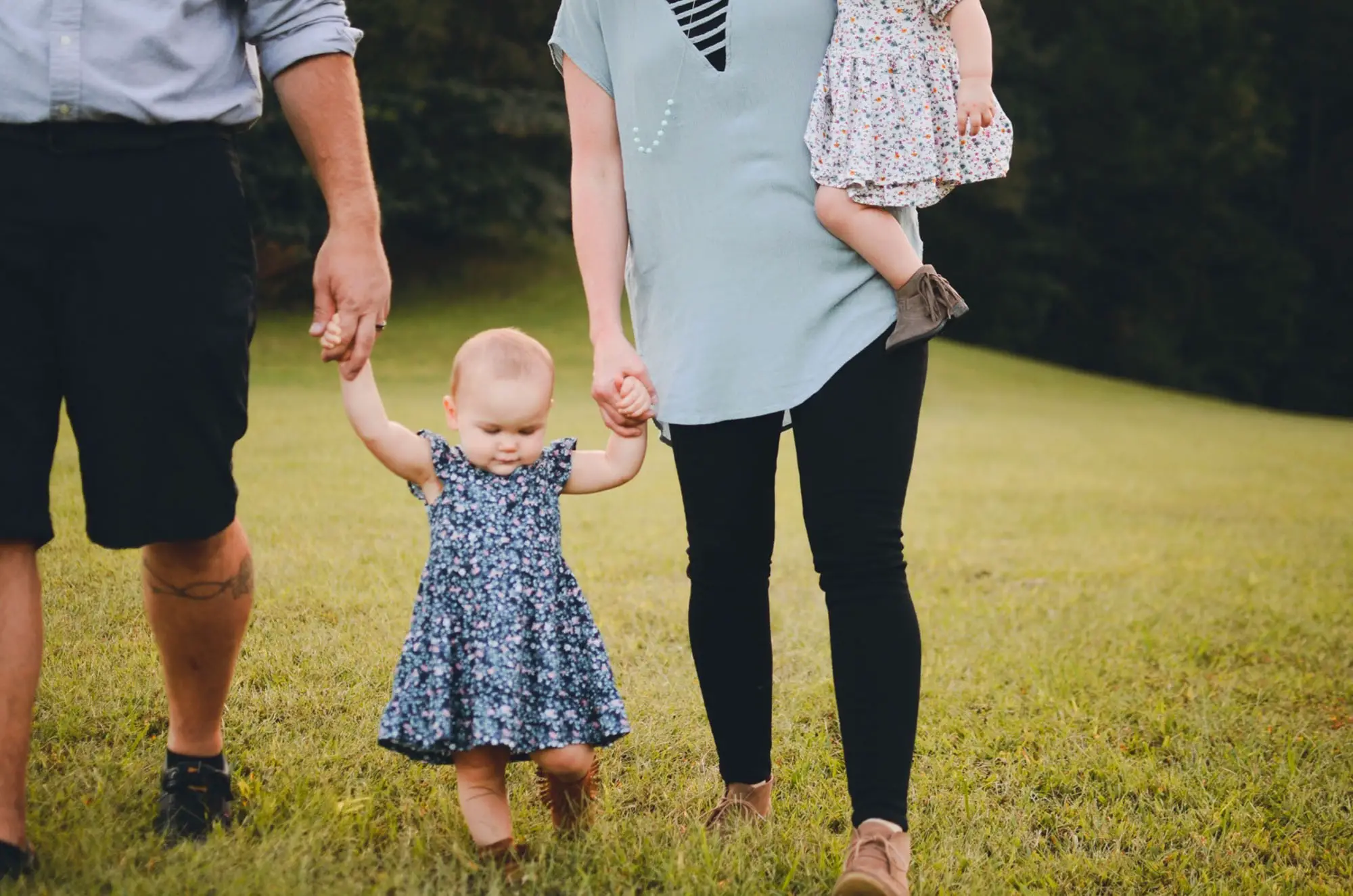
1. NUMBER OF PEOPLE IN THE HOUSEHOLD. The more members in your house, the more things can come up, the more money you may need to cover them with cash. Include pets in the considerations because they have emergencies too.
2. HEALTH INSURANCE. If you have high deductible insurance or no health insurance you may want to keep more money on hand. Consider including the amount of your deductible or more.
3. HEALTH. People in poor health or with certain health conditions are more likely to need extra money for medical events.
4. CONDITION OF CARS. How old are your cars, and how likely are they to need big repairs? Anyone with older cars might benefit from a larger emergency fund in case one goes out or needs costly repairs.

5. HOUSING. Do you rent or own your home? Renters will have few to no repair needs. Owners may need extra money in hand in case something happens with the house, especially if it’s older.
6. CASH FLOW/INCOME. How much extra cash do you end up with every month after basic expenses? If you barely make ends meet, keeping extra money in an emergency fund will be extremely helpful when things come up because you may not have the cash to spare to cover your emergency from your income. People with larger amounts of extra money after expenses are paid will be able to cover most emergencies from their income and may not need a larger emergency fund.
7. WHAT YOU’RE COMFORTABLE WITH. Make sure you take into consideration your gut feeling! If more or less makes you comfortable . . . do that.
8. LENGTH OF TIME TO FINISH BABY STEP TWO. The starter emergency fund is meant to tide you over while you pay off debt (Baby Step Two) and prevent you from going back into debt. If you think you can pay off your debt fast (two years or less) you might not need as much. If you’re in it for the long haul, the chances of something big coming up increase and you may want more saved.
9. JOB SECURITY. If your industry or company doesn’t provide great job security, consider keeping more money in your starter emergency fund in case you lose your job. Single income families are at greatest risk here, so consider that too.
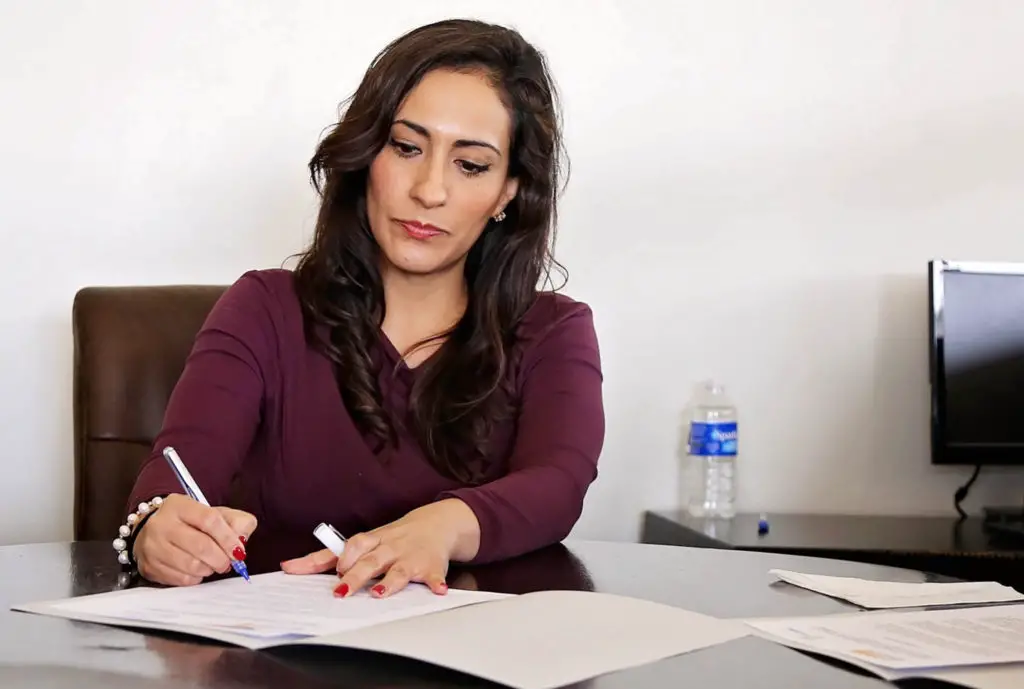
10. DO YOU USE SINKING FUNDS? Sinking funds are a simple way to save for an upcoming expense by putting a little money away every month. If you use them, you can save up for specific things in your future and prevent them from becoming emergencies. If you don’t use sinking funds, you might need a larger emergency fund.
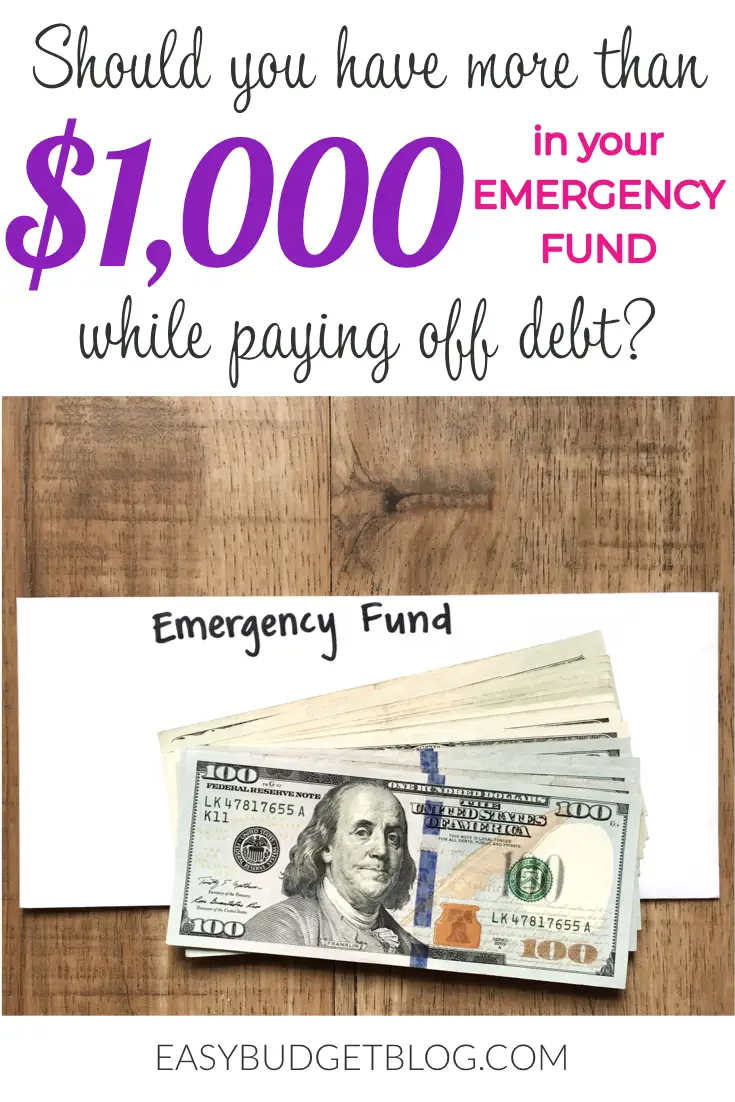
So How Much, Exactly?
Well, I can’t tell you exactly, because it’s very personal and you need to be the one to decide what you’re comfortable with. As a general guideline, consider adding $250-500 to your emergency fund for every item I listed above that applies to your situation. I’ve heard other experts suggest $1,000 for each member of the family. Find what works for you!
How Much We Saved in Our Starter Emergency Fund
When we decided to pay off our debt, we saved $1,000 quickly to keep on hand for any emergencies that would pop up. We had great job security, good health insurance, rented our house, and had a decent amount of money left over from our paychecks after expenses were paid. Because of these factors, even though a lot of unexpected things popped up, we never even had to use our emergency fund!
We only recently upped it to $5,000 when we purchased a 25-year-old home, had another child, switched jobs, got high deductible insurance . . . and our cars are getting older. $1,000 didn’t feel like nearly enough considering all these factors! Once our debt is paid off we will increase it even more.
I hope this list is helpful! Remember, there are many people sharing opinions about personal finance but no opinion should matter more than yours. Personal finance is personal. Do your research and then follow your gut!
